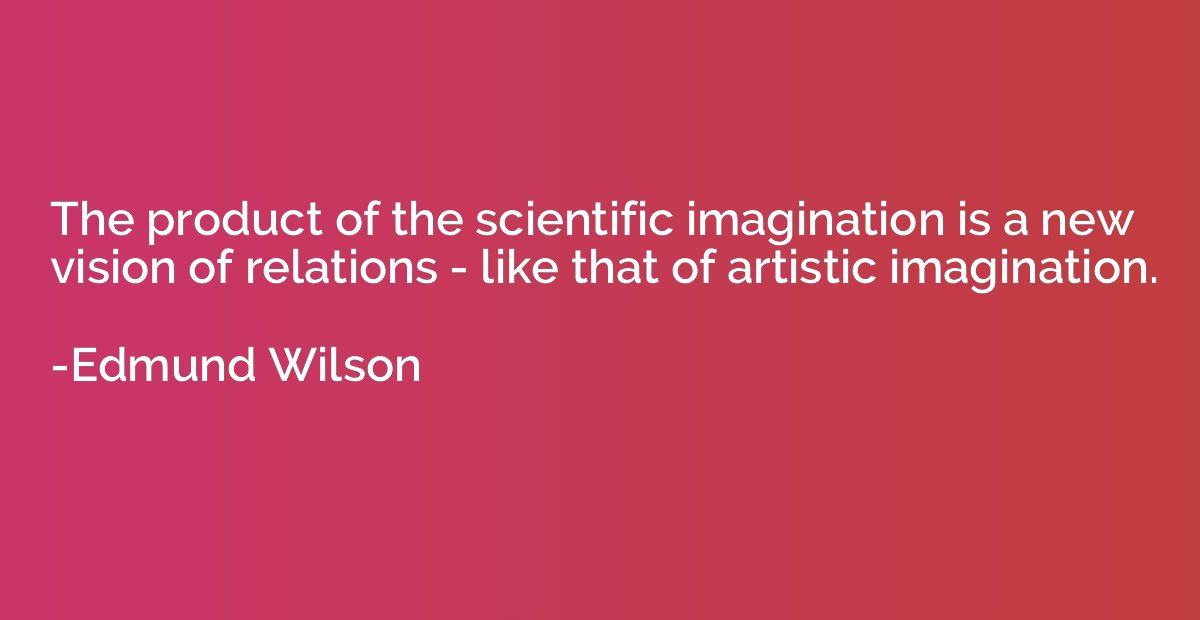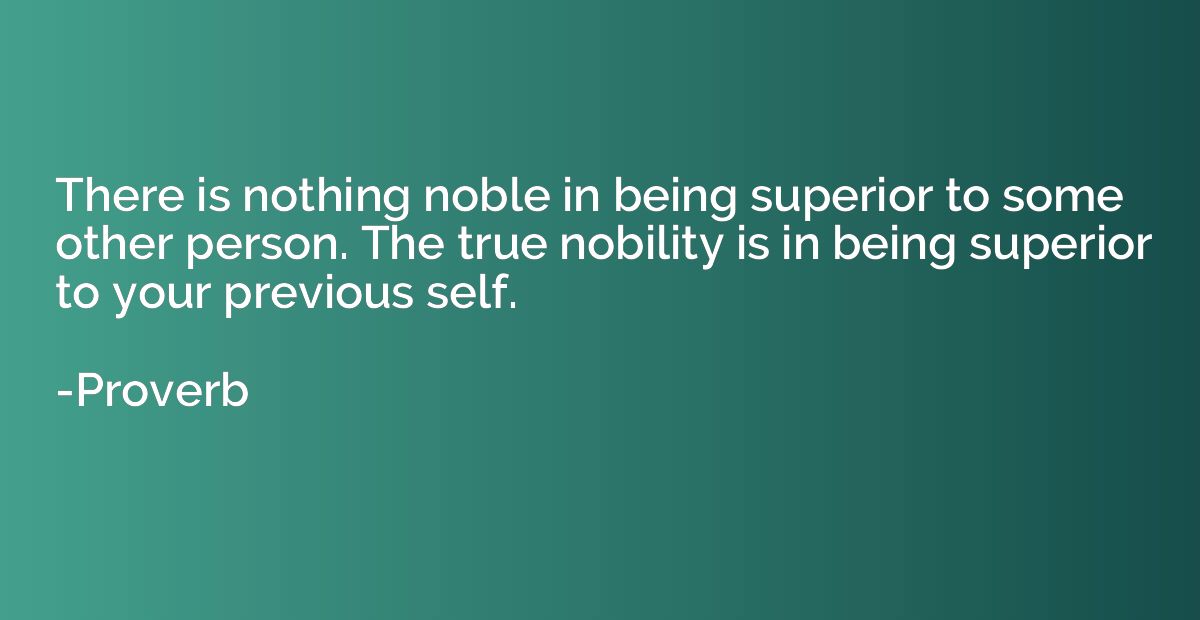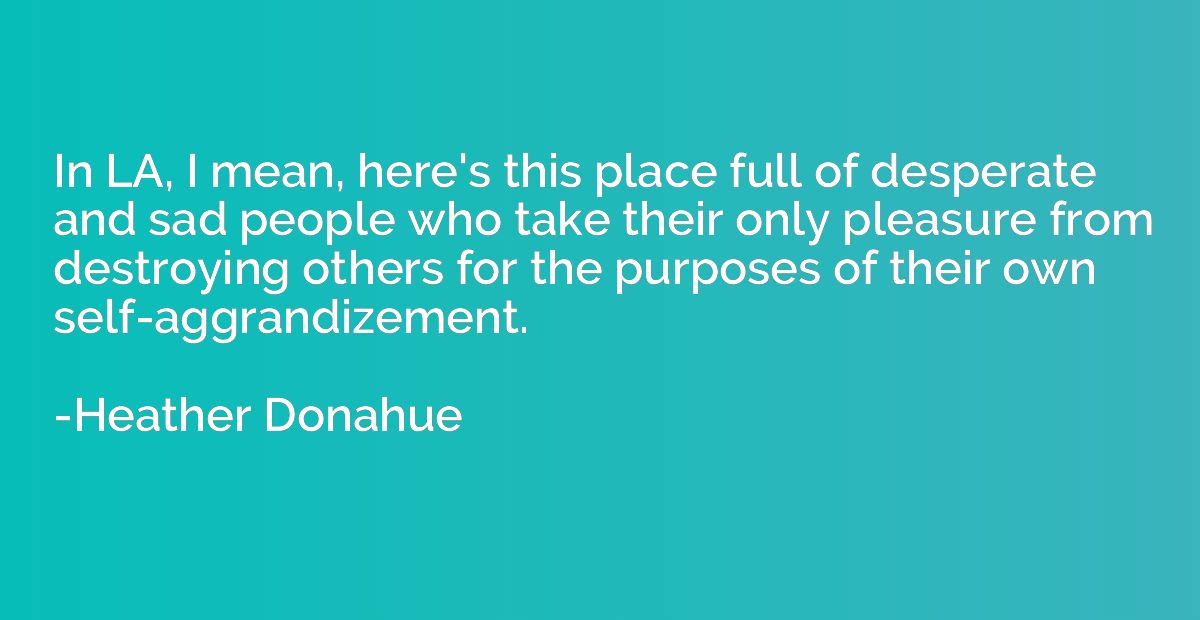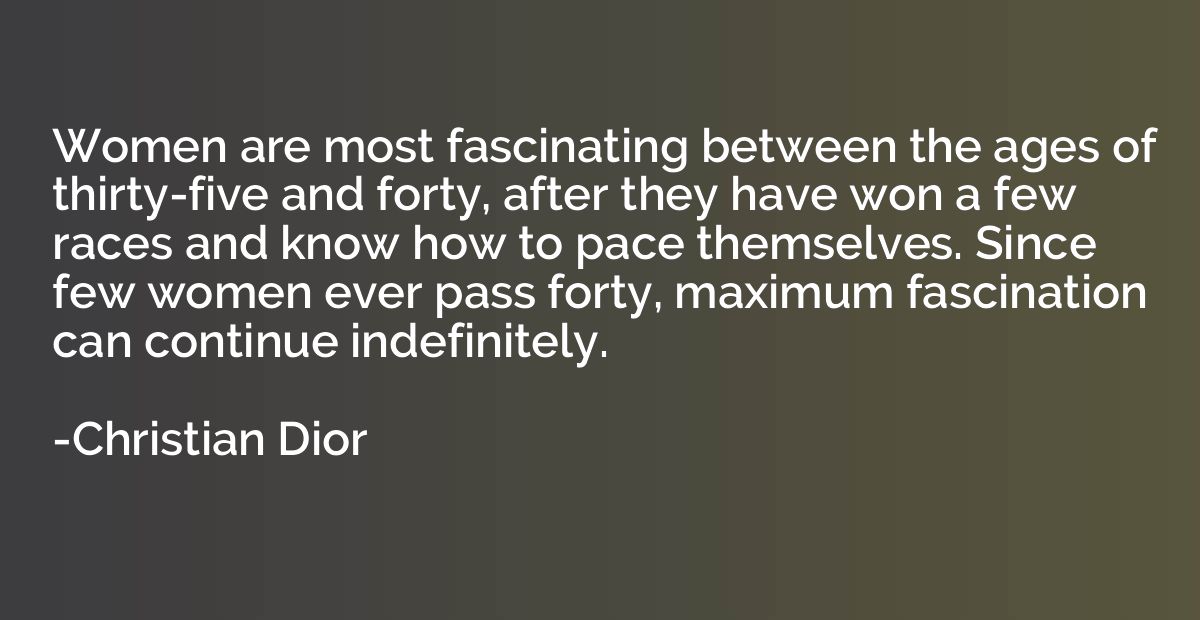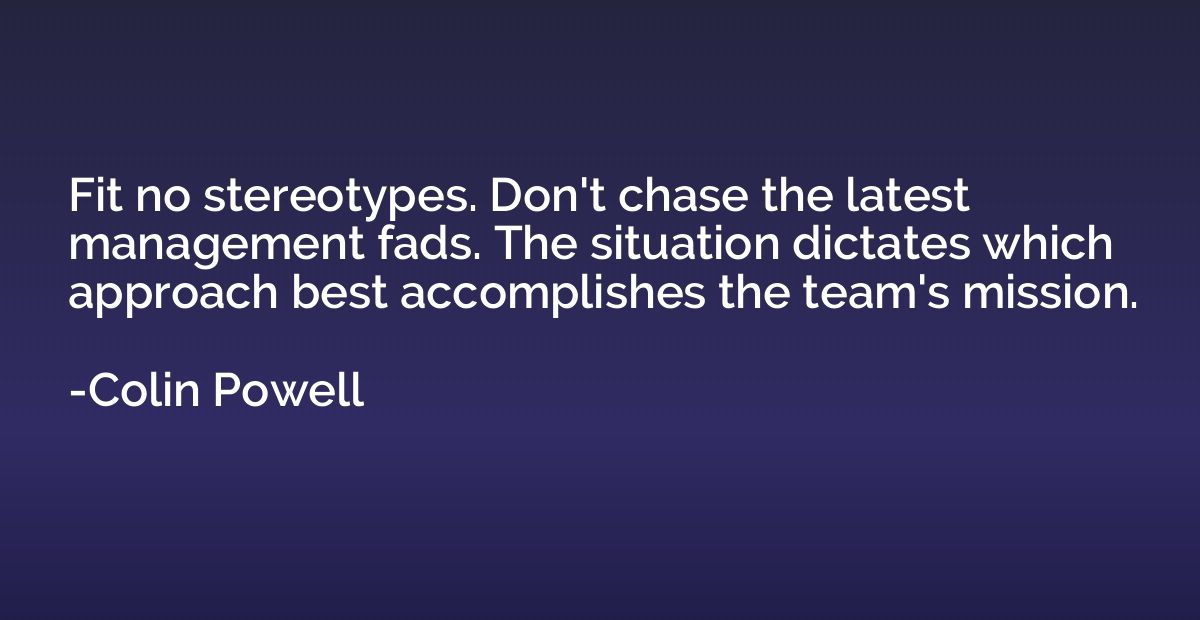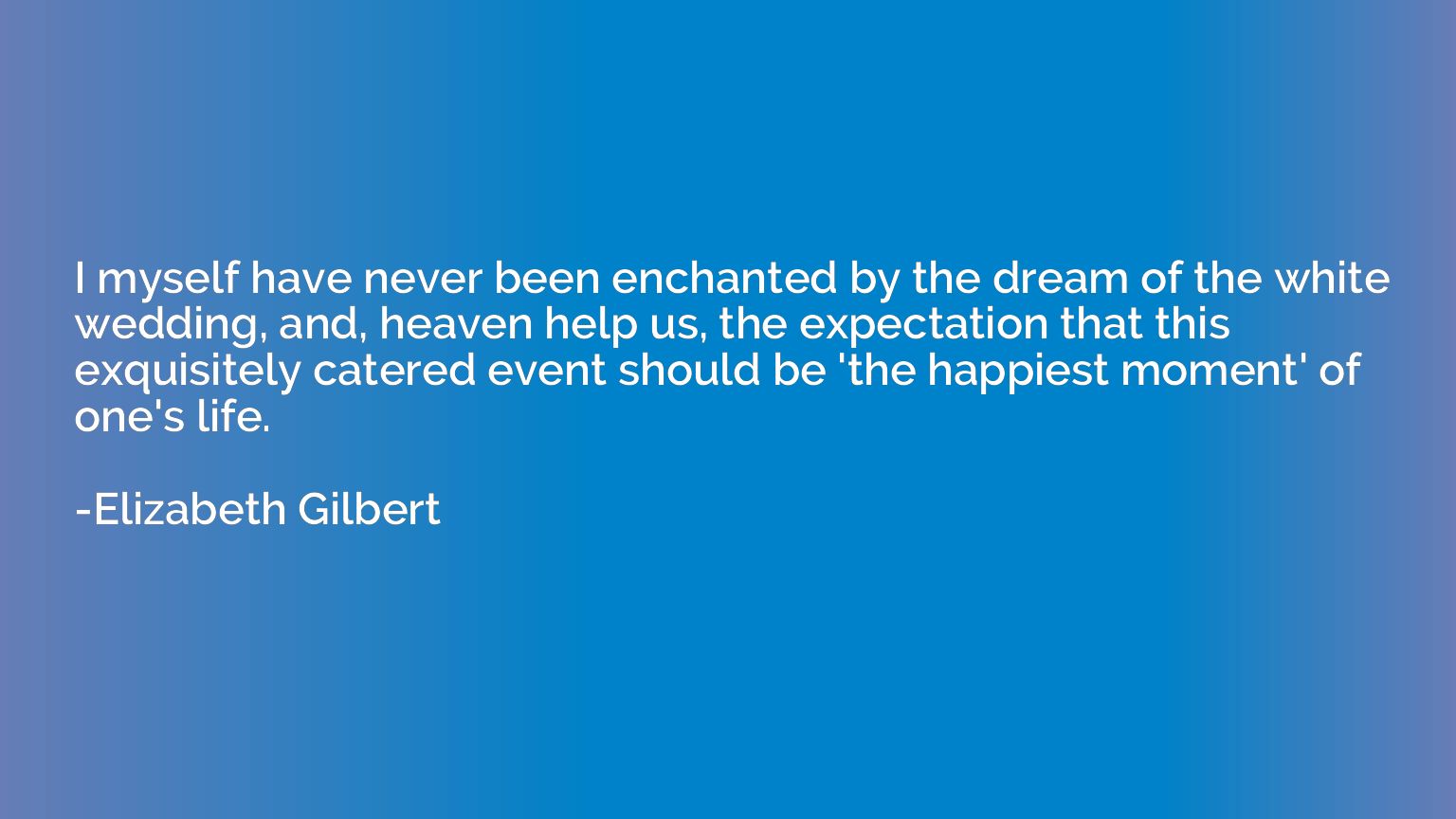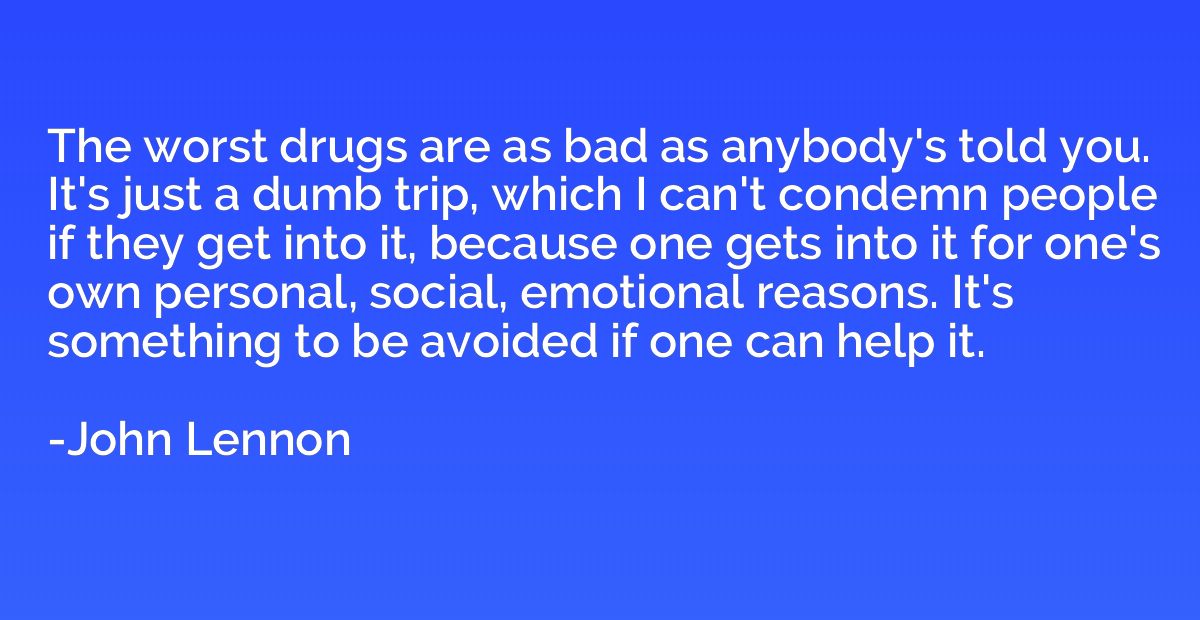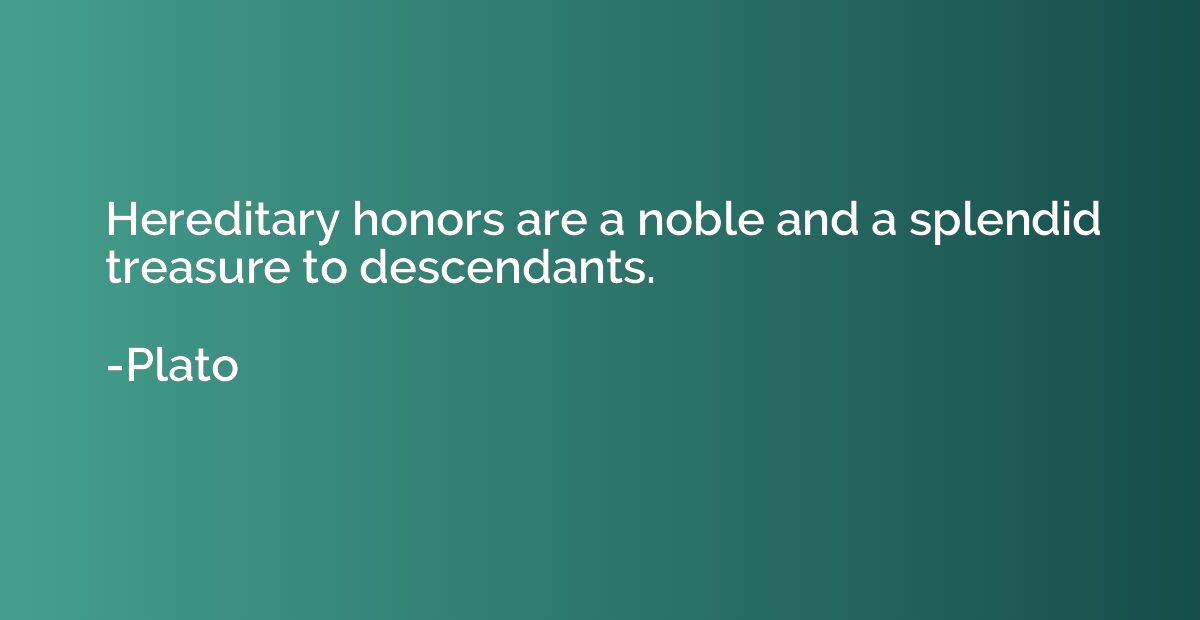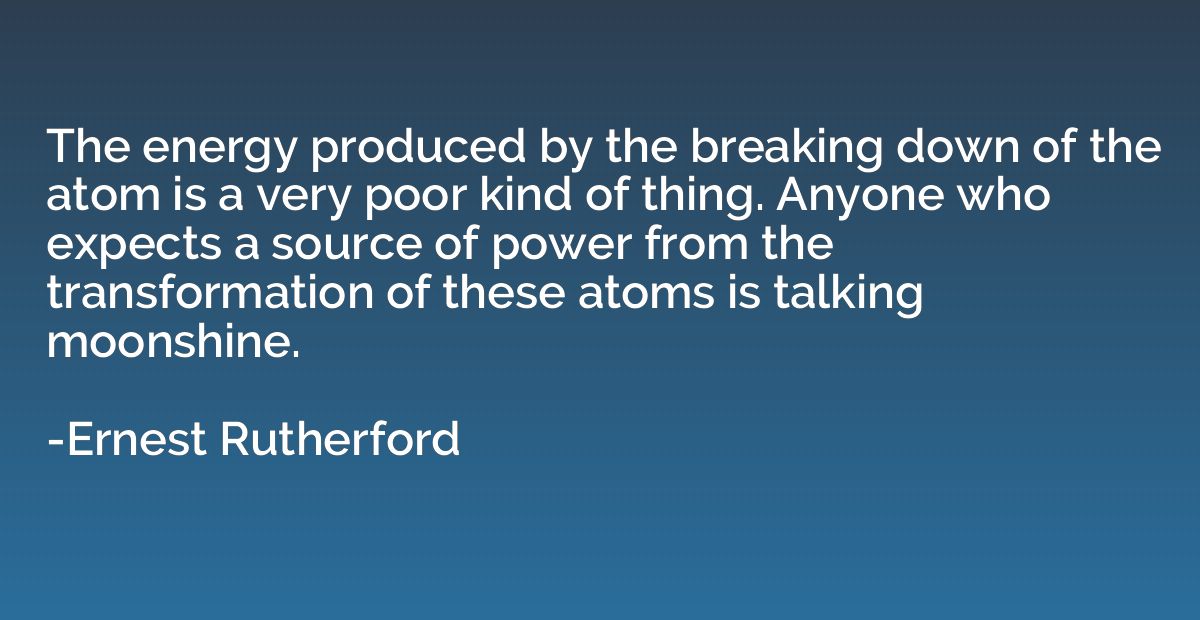Quote by Theodor Wiesengrund Adorno
Once the last trace of emotion has been eradicated, nothing remains of thought but absolute tautology.
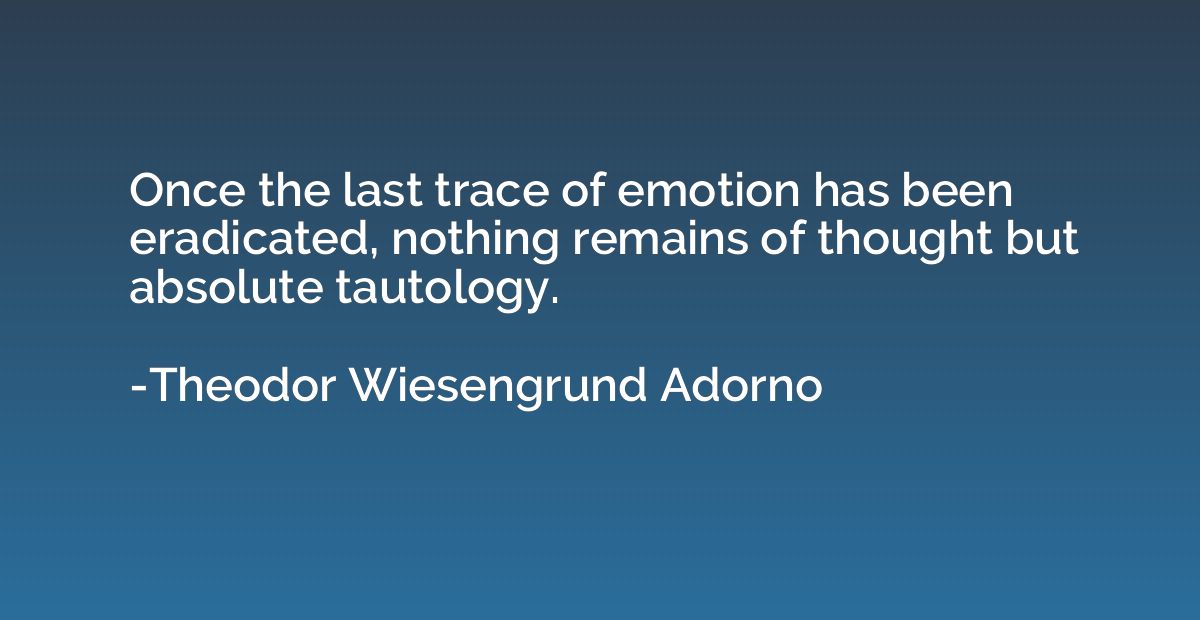
Summary
This quote suggests that when all emotions are removed from one's thinking process, what remains is simply repetition or restating of already known ideas. It implies that emotions play a crucial role in fueling critical thinking and creativity. Without emotions, thought becomes dull and lacks depth, as it seems to lose its ability to generate new insights or perspectives. Thus, the quote highlights the importance of balancing rationality with emotional intelligence for holistic and meaningful thinking.



